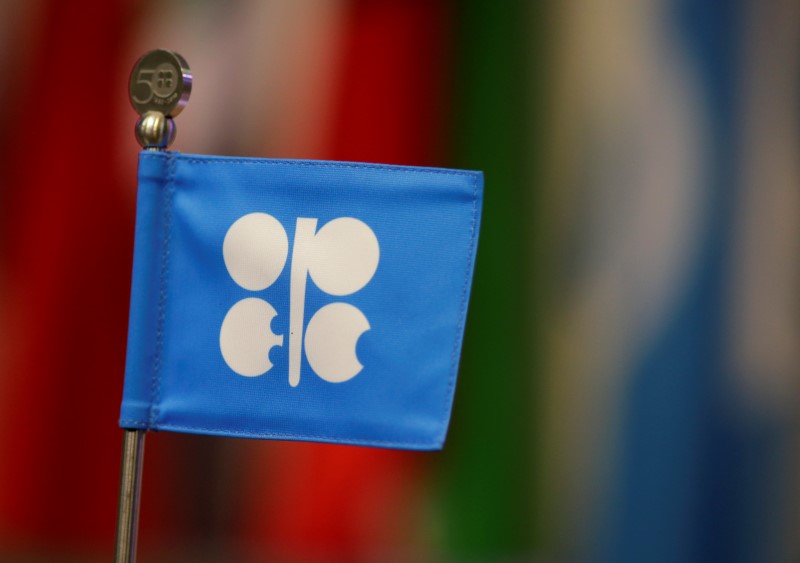(Bloomberg) -- Oil fell as pressure mounted on OPEC+ to boost production when it meets this week and China released reserves of diesel and gasoline.
Global benchmark Brent lost 0.6% in early Asian trade after surging more than 7% last month as inventories sank. Speaking in Rome after a Group of 20 leaders’ summit on Sunday, U.S. President Joe Biden criticized Saudi Arabia and Russia for their inadequate response to managing energy supply, while stopping short of saying what he planned to do if producers don’t raise output.
Earlier in the weekend, China said that it would release reserves of the two key fuels to combat shortages, according to a statement from the National Food and Strategic Reserves Administration. The move is a part of an annual rotation of holdings, but the agency provided neither volumes nor a schedule.
Crude has soared this year, with production trailing supply as the global economy recovered from the impact of the pandemic. An energy crunch marked by shortages of gas and coal has also stoked oil demand. Still, the Organization of Petroleum Exporting Countries and its allies have loosened supply curbs imposed last year at only a modest pace, making the case that risks remain.
The cartel is scheduled to gather virtually on Thursday, and may stick with a planned monthly increase of 400,000 barrels a day despite gathering concerns from top consumers that lofty energy costs will fan inflation and act as a brake on the recovery. Angola and Iraq were the latest members of the alliance to affirm their support for the current stance on output.
The increasingly blunt sparring over OPEC+ production came as world leaders pivot to a critical climate conference that’s meant to limit the use of fossil fuels. The G-20 summit in Rome produced only a tepid agreement, leaving it to negotiators at COP26 in Glasgow to try to achieve a breakthrough.
Traders were also tracking the prospect of revived nuclear talks between Iran and world powers that in time may pave the way for that nation to resume oil exports. Tehran has signaled it will restart negotiations with Europe “toward the end of November,” U.S. Secretary of State Antony Blinken said on Sunday.
The tightness in the crude market is reflected in deeply backwardated pricing patterns, with traders willing to pay a premium for near-term supply. Brent’s prompt spread was $1.21 a barrel on Monday, up from 82 cents a week ago.
©2021 Bloomberg L.P.
